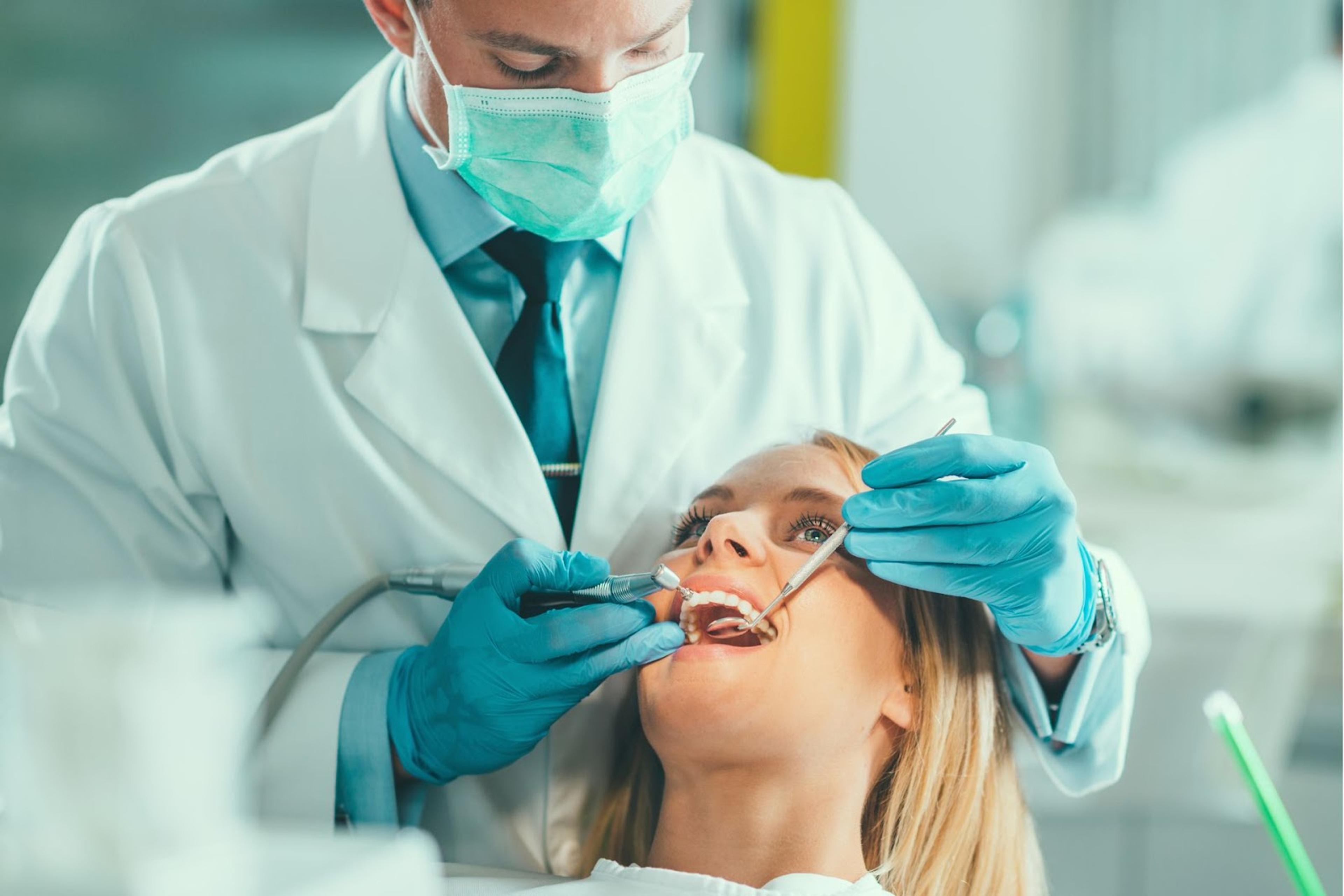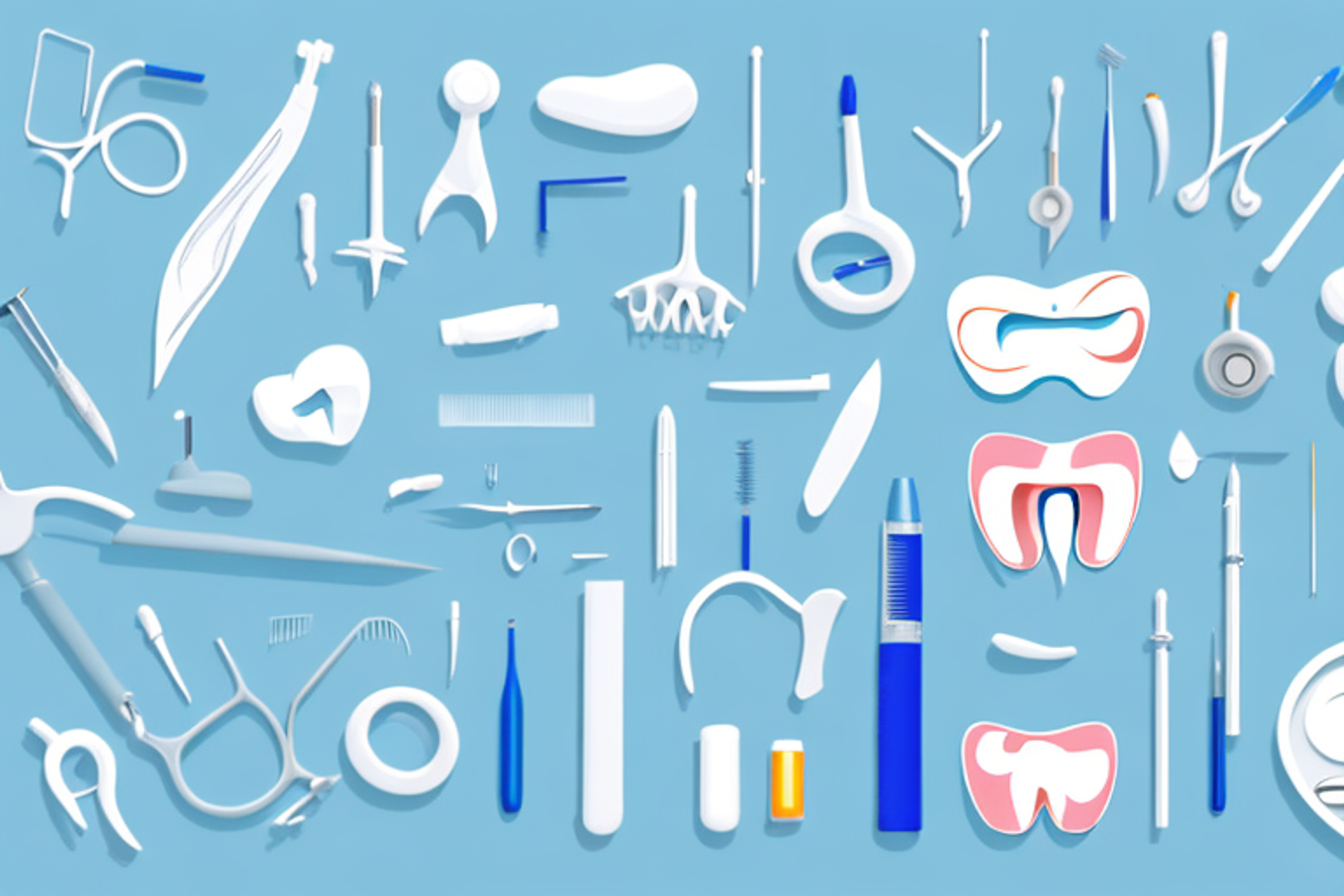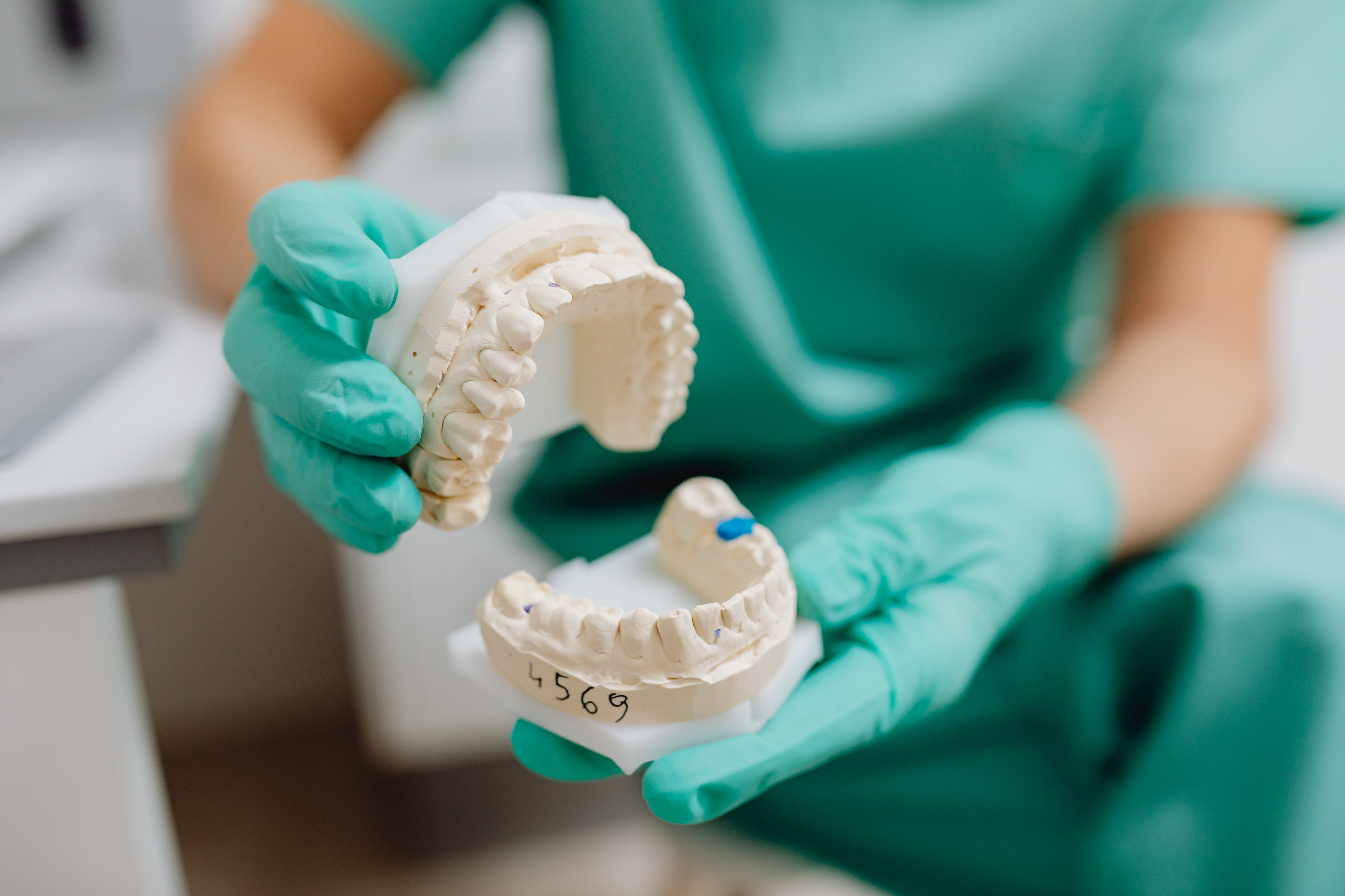How Many Shadowing Hours for Dental School? The Ultimate Guide (2025)
Learn everything there is to know about shadowing for dental school applications with this comprehensive guide.
Posted March 6, 2025

Table of Contents
Shadowing a dentist is a crucial component of the dental school application process. It provides prospective students with a deeper understanding of the profession, practical insights into dentistry, and valuable connections with dental professionals.
This guide outlines everything pre-dental students need to know about shadowing, from finding opportunities to maximizing the experience.
The Importance of Shadowing for Dental School Applications
Shadowing allows applicants to observe the daily routine of a dentist, understand the nuances of patient care, and learn about different practice environments. For many pre-dental students, this experience solidifies their decision to pursue dentistry as a future career.
Dental schools like to see candidates with significant exposure to the dental profession, as it demonstrates a genuine interest in the field and a commitment to understanding its challenges.
Shadowing hours also play a pivotal role in building relationships with dentists, which can lead to mentorship opportunities, strong letters of recommendation, and a clearer understanding of the day-to-day responsibilities of dental professionals.
How Many Shadowing Hours Are Required for Dental School?
The number of shadowing hours required varies across many dental schools. Many institutions recommend or require 100 to 250 hours of shadowing, with 150 hours being a safe benchmark. However, it’s essential to research each school’s requirements, as some schools may prioritize the quality of the experience over the number of hours.
Gaining a substantial number of shadowing hours provides applicants with a competitive edge. It showcases their dedication to understanding the dental profession while allowing them to observe different specialties and procedures, such as orthodontics or oral surgery.

Finding Shadowing Opportunities
Identifying shadowing opportunities can feel overwhelming, but with a structured approach, you can find valuable experiences. Here’s how to get started:
1. Contact Local Dentists Directly
Reaching out to local dentists is one of the most effective ways to secure shadowing opportunities. Call or email dental offices in your area and express your interest in observing their practice. When contacting them, be concise and professional, explaining your goals and availability.
To stand out, prepare a short resume or CV that highlights your academic background, career goals, and any relevant experience. This extra step demonstrates professionalism and leaves a positive impression.
2. Check with Dental Schools
Many dental schools maintain programs or resources specifically for students seeking shadowing opportunities. Contact the admissions office or career services department to inquire about any formal shadowing initiatives or connections to practicing dentists in your area.
Additionally, attending dental school events or open houses can be an excellent way to meet faculty and alumni who may be open to offering shadowing experiences. Establishing these connections can make your search significantly easier.
3. Leverage Dental Organizations
Joining dental organizations can open doors to shadowing opportunities. Groups like the American Student Dental Association (ASDA) or local pre-dental clubs often host events where students can network with professionals in the field.
Networking with other pre-dental students within these organizations can also lead to referrals for shadowing experiences. These groups are excellent resources for building connections and learning about opportunities directly from peers.
4. Utilize Online Platforms
Online platforms like LinkedIn, Facebook, and local community job boards frequently feature postings for shadowing opportunities. Search for local dental groups or forums where professionals share advice and openings.
Reaching out to dentists on professional networking sites can also be effective. When doing so, ensure your message is personalized to demonstrate a genuine interest in shadowing and the dental field.
5. Attend Dental Conferences and Events
Dental conferences and industry events are great venues for meeting professionals who can provide shadowing opportunities. These events often include networking sessions where you can introduce yourself to dentists and discuss your interest in shadowing.
To make a strong impression, bring business cards or printed copies of your resume to share with professionals you meet. These interactions can lead to valuable connections and future career opportunities.
6. Ask for Referrals
If you know someone in the dental field, such as a friend, family member, or professor, don’t hesitate to ask for an introduction to a dentist who might allow you to shadow them. Even if the person you know can’t accommodate you directly, they may be able to refer you to colleagues who are willing to help. Referrals are often one of the easiest ways to connect with professionals in the field.
7. Explore Shadowing Abroad
For students seeking a broader perspective, shadowing abroad offers a unique opportunity to observe dental practices in different countries. Programs designed for pre-dental students often include structured experiences that expose participants to various practice environments. Before committing, thoroughly research these programs to ensure they align with your academic and career goals.
What to Expect During a Shadowing Experience
A dental shadowing experience typically involves observing a dentist’s interactions with patients, assisting with minor tasks, and gaining insights into various procedures. Pre-dental students should dress professionally, maintain professionalism at all times, and avoid engaging in activities unrelated to shadowing.
Questions are encouraged during appropriate moments, as they demonstrate a genuine interest in learning. After the experience, students should send a follow-up email to thank the dentist and their staff for the opportunity.
Maximizing the Shadowing Experience
To make the most of shadowing hours, pre-dental students should actively observe and take notes on procedures, the dentist’s approach to patient care, and the functioning of the dental office. Discussing lessons learned with mentors or peers helps reinforce these observations.
Networking during shadowing experiences is equally important. Building relationships with dental professionals can lead to valuable connections and mentorship opportunities. These relationships often provide insights into the application process, research opportunities, and even additional shadowing opportunities.
Highlighting Shadowing on Dental School Applications
Dental schools expect applicants to effectively highlight their shadowing experiences. Personal statements should include specific details, such as the number of hours completed, the specialties observed, and significant lessons learned. These details help admissions committees gauge the applicant’s preparedness and genuine interest in dentistry.
Additionally, shadowing experiences are often discussed during dental school interviews. Applicants should prepare to talk about the impact of shadowing on their decision to pursue dentistry and any unique insights they gained.
Read: The Most Common Dental School Interview Questions–and How to Answer Them
Shadowing vs. Volunteering: Which is Better?
Both shadowing and volunteering contribute to a strong dental school application. Shadowing focuses on providing direct exposure to the dental profession, while volunteering demonstrates a broader commitment to service and community involvement. Many pre-dental students find that a combination of both experiences strengthens their applications.
The Benefits of Early Shadowing
Starting dental shadowing early in your academic journey offers numerous advantages. Here’s how early shadowing can benefit aspiring dental students:
- Gaining early insights into the dental field - Early shadowing allows students to explore the realities of dentistry and determine if it aligns with their career goals. It provides a foundational understanding of the day-to-day responsibilities of a dentist.
- Exploring different specialties - Students can observe various specialties, such as general dentistry, orthodontics, or oral surgery, gaining a broader perspective on potential career paths and the unique challenges of each specialty.
- Building valuable relationships - Developing connections with dentists can lead to mentorship opportunities, letters of recommendation, and guidance through the dental school application process.
- Accessing additional opportunities - Shadowing relationships often open doors to further experiences, such as research projects, volunteer work, or additional shadowing placements, enriching a student’s preparation.
- Accumulating shadowing hours over time - Starting early provides the flexibility to meet or exceed shadowing hour requirements at a steady and manageable pace, reducing stress closer to application deadlines.
- Balancing commitments - Beginning shadowing early enables students to integrate this experience with other essential activities, such as coursework, volunteering, and part-time employment.
- Enhancing personal statements and interviews - Early experiences provide specific examples and meaningful insights that can strengthen personal statements and help applicants stand out during dental school interviews.
- Boosting confidence - Early exposure to dental procedures, patient care, and practice environments helps students build confidence for future shadowing opportunities and their eventual transition to dental school.
How Dental School Admissions Coaches Can Help
Navigating the dental school admissions process can be challenging, but working with a dental school admissions coach can make a significant difference. These professionals offer personalized guidance on every aspect of the application process, including crafting compelling personal statements, highlighting shadowing experiences effectively, and preparing for dental school interviews.
Admissions coaches also provide insights into specific dental schools’ expectations, ensuring applicants meet requirements such as shadowing hours and extracurricular activities. By leveraging their expertise, pre-dental students can strengthen their applications, increase their confidence, and improve their chances of acceptance into their top-choice programs at top dental schools.
If you're serious about pursuing dentistry, consider partnering with a dental school admissions coach to achieve your goals.
FAQs
How many hours of shadowing do you need for Harvard Dental School?
- How many hours of shadowing are required to apply to Harvard? HSDM does not have a minimum required number of dental shadowing hours. However, we expect applicants to explore all the Pre-Health professions, and to make a thoughtful and informed decision about dentistry for a career.
Read: Harvard School of Dental Medicine–Program and Application Overview
How many hours do you need for dental shadowing at UCLA?
- O Hours Required. However, 100 hours of in-person dental shadowing is strongly recommended.
Read: UCLA Dental School: Application Requirements, Acceptance Rates, and How to Get In
How many hours of shadowing do you need for the Dental College of Georgia?
- Students should also aim to get a variety of shadowing experiences with at least 2-3 general dentists. (Please note: the Dental College of Georgia prefers students to have around 300 hours of shadowing with 2-3 general dentists).
How long is a shadowing session?
- You may only want to spend one day with them, or you may want to shadow a few hours a week for several weeks or months. If you have the time in the summer or over a break, you may want to shadow full-time for an entire week.
Does shadowing mean I got the job?
- Employers may use shadow interviews as a type of experiment to see how comfortable you are with a job's duties. Additionally, job seekers may request to shadow at a company to help learn more about an industry or specific role.












